Even though it’s best to practice yoga first thing in the morning on an empty stomach, individuals nowadays are so busy that they have to fit their workouts and yoga sessions in whenever they can. So, the success of yoga depends on what you eat before and after it, as well as when you eat.
- When practicing yoga, it’s best to wait at least three to four hours after a big meal has passed; this includes one to two hours after a light meal, thirty to forty-five minutes after consuming juice, fresh fruits, etc., and fifteen minutes after consuming water.
- If you want to get the most out of your yoga practice first thing in the morning, try to practice on an empty stomach.
Nevertheless, it is important to take into account one’s metabolic rate and nutritional needs when beginning the practice within the first two to three hours of waking up.
- At least half an hour before practice, it could be helpful to consume something simple to digest, like juice or fresh fruit.
- You might want to consider packing some nuts, dry fruits, or a light snack if you have a fast metabolism or if you have a long and fairly strenuous commute.
Being hungry during practice can be distracting, and your body might not have enough energy to perform asanas efficiently.
If you’re too exhausted to do yoga first thing in the morning, try doing it just before supper instead. Just like with yoga in the late morning, there are certain foods you shouldn’t eat before.
- To minimize muscular discomfort after a yoga session, have a light dinner that is rich in protein, like peanut butter and nuts.
- Grain, dairy, vegetable, fruit, nut, honey, and nutritive root foods would make up the perfect yogic diet.
- Never eat aerated drinks or food that is extremely hot, salty, or fried; these foods add zero nutrients and make you feel lethargic and exhausted.
Also Read: How to Perform Talasana (Palm Tree Pose)?
If you’re new to yoga or have recently completed a particularly challenging practice that requires you to overcome mental, emotional, or physical challenges, you may experience acute hunger.
- If you’re watching your weight, it’s best to avoid eating large meals, particularly late at night. Instead, pay attention to your hunger cues and satisfy them with quickly digestible foods like fruits, juices, and healthy snacks.
- Never eat right after yoga; instead, wait at least half an hour to allow your body to reacclimate.
- People who practice yoga should drink a glass of water fifteen to thirty minutes before class, but they shouldn’t drink anything while class is in session since their bodies will be too busy processing and digesting water to pay attention to the asanas.
- Never drink water that is very cold or extremely cold; doing so forces your body to work harder to heat the water up before it can be evacuated.
Conclusion
What works for you is something only you, your body, and you alone can determine. There will be a colossal difference in the routines of people who practice yoga first thing in the morning, those who do it in the afternoon, and those who do it in the evening or after supper.
However, one thing is certain: you need to be well-prepared for yoga. Finished resting. Completely satisfied. And with the correct attitude. You want to be at your peak performance since yoga is both a demanding and incredibly gratifying practice.


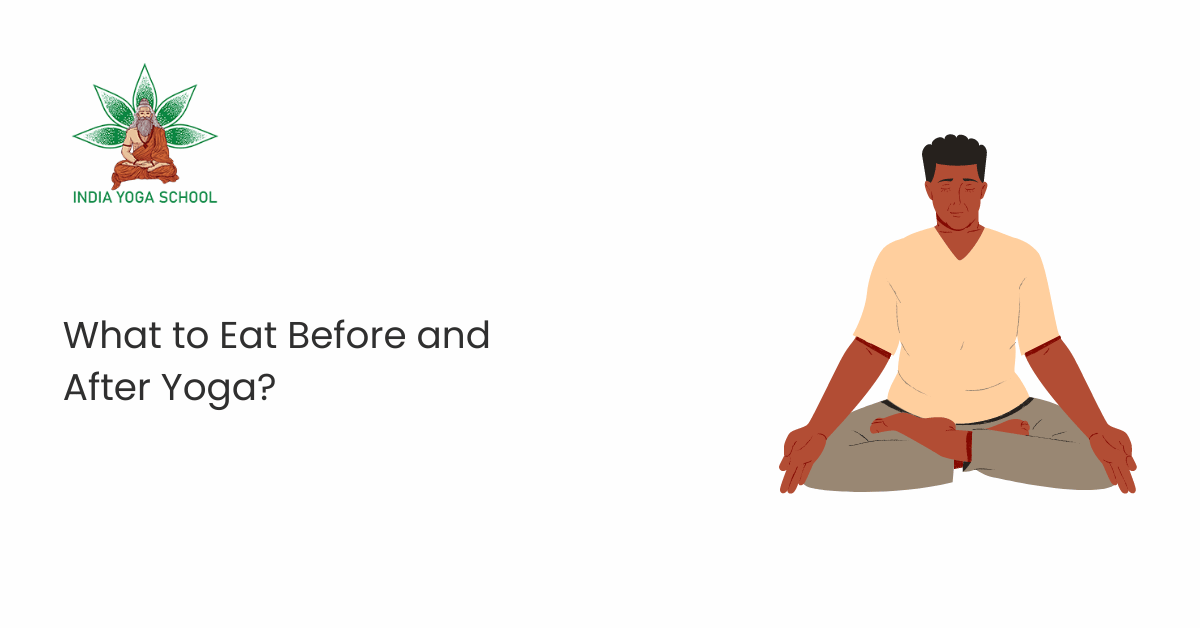
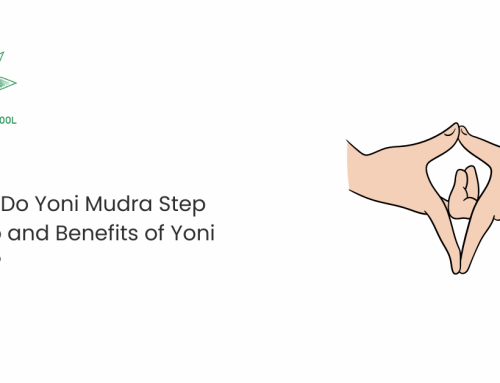
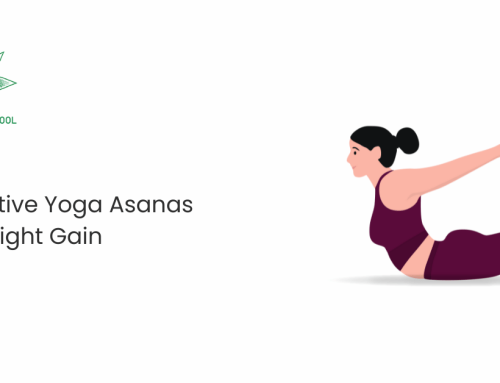
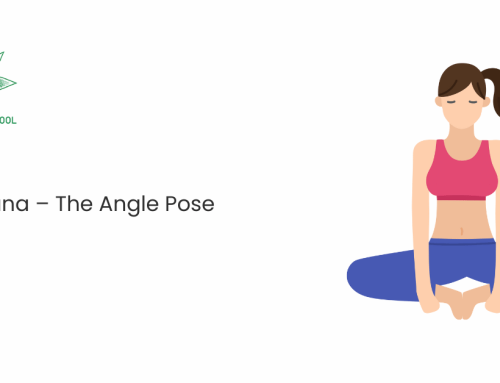
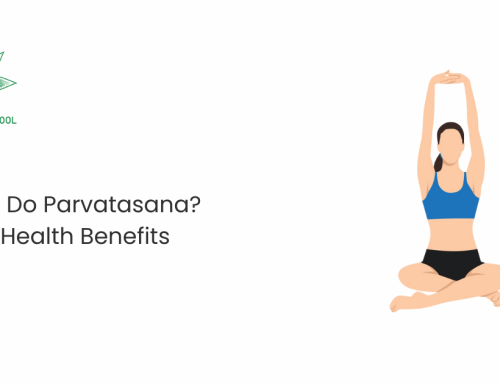
Leave A Comment